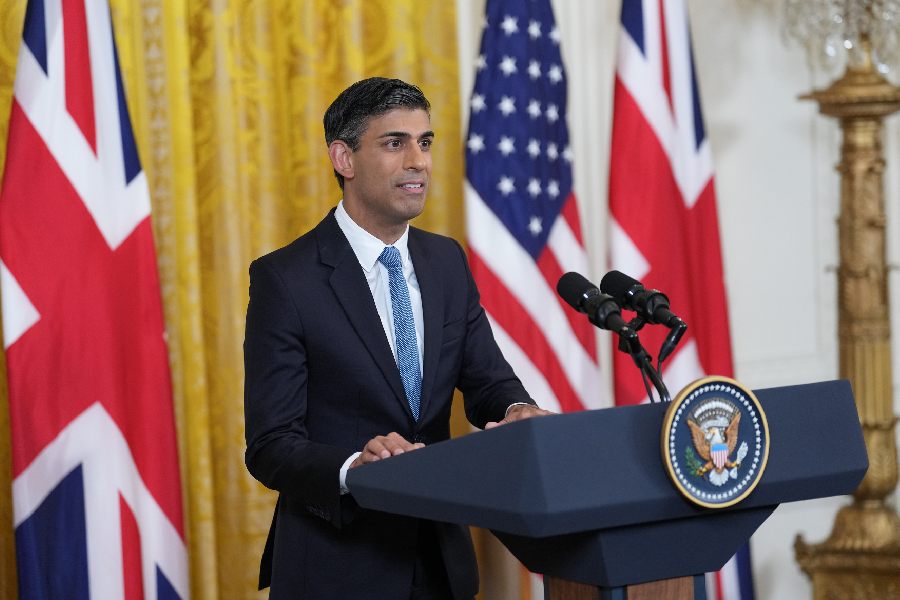Prime Minister Rishi Sunak of Britain on Wednesday called a snap general election for July 4, throwing the fate of his embattled Conservative Party to a restless British public that appears eager for change after 14 years of Conservative government.
Sunak’s surprise announcement was the starting gun for six weeks of campaigning that will render a verdict on a party that has led Britain since Barack Obama was the U.S. president. But the Tories have discarded four prime ministers in eight years, lurching through the serial chaos of Brexit, the coronavirus pandemic and a cost-of-living crisis.
With the opposition Labour Party ahead in most polls by double digits for the past 18 months, a Conservative defeat has come to assume an air of inevitability. For all that, Sunak is calculating that Britain has had just enough good news in recent days — including glimmers of fresh economic growth and the lowest inflation rate in three years — that his party might be able to cling to power.
“Now is the moment for Britain to choose its future,” Sunak said in front of No. 10 Downing St. The choice for voters, he said, was to “build on the future you’ve made or risk going back to square one.”
Many voters in the “red wall” districts — so called because of Labour’s campaigning color — appear ready to return to their roots in the party. Under the competent, if uncharismatic, leadership of Keir Starmer, Labour has shaken off the shadow of his left-wing predecessor, Jeremy Corbyn.
Starmer, a former government prosecutor, has methodically overhauled Labour, purging allies of Corbyn, uprooting a legacy of antisemitism in the party’s ranks and pulling its economic policies more to the center.
The Conservatives also face a threat on the right from the anti-immigrant Reform U.K. party.
Under British law, Sunak was obliged to hold an election by January 2025. Political analysts had expected him to wait until the fall to allow more time for the economy to recover. But in the wake of an announcement Wednesday that inflation had fallen to an annual rate of 2.3%, he may have gambled that the news was as good as it is going to get.
The New York Times News Service










